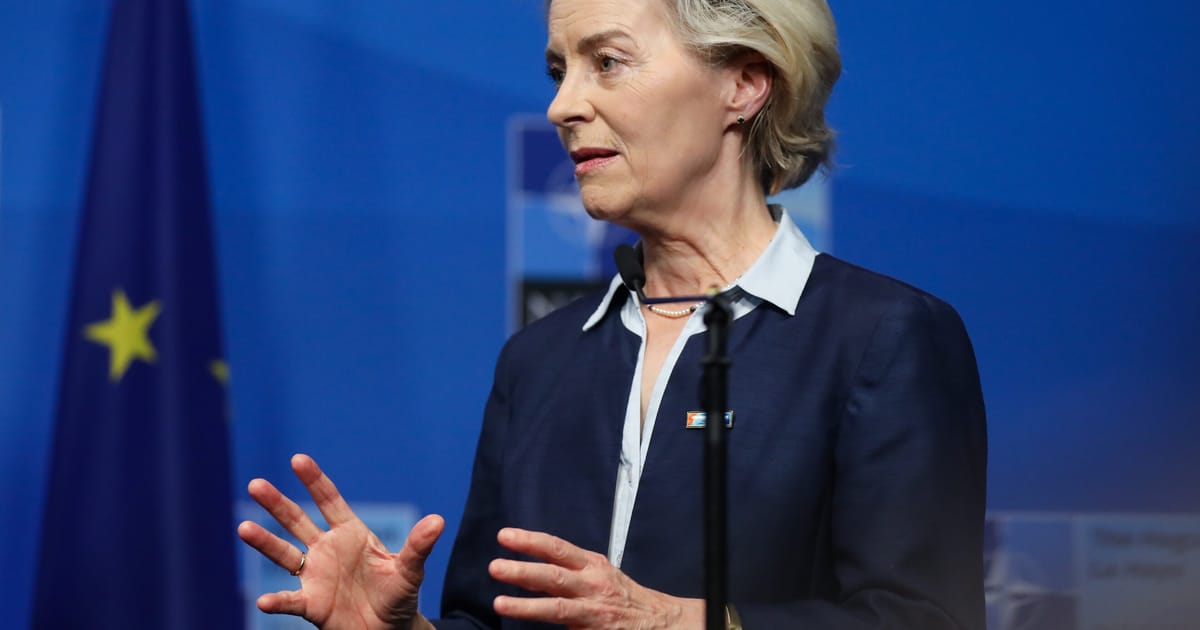

In recent days, the European Commission has navigated through a wave of political discussions, surrounding the controversial topic of greenwashing, which underscores the delicate balance of environmental policy-making within the European Union. The dialogue reached a crescendo as differing views from center-left allies and far-right opponents of the EU leadership came to light, resulting in an ebb and flow of political support for Commission President Ursula von der Leyen and her coalition.
Amid this backdrop, the European Commission sought to clarify its stance on the greenwashing bill, a significant piece of legislation designed to tackle misleading environmental claims by businesses. Initially, there were reports suggesting that President von der Leyen was opposed to the bill and its implications. However, these assertions were swiftly addressed by the Commission, which emphasized that von der Leyen had not attempted to obstruct the bill’s progress, thereby providing a moment of reassurance amongst the speculative political environment.
This clarification marks a pivotal point in the Commission’s narrative, as it signifies their commitment to maintaining transparent and honest communication with member states and stakeholders. The concept of greenwashing refers to the practice of companies falsely promoting their products as environmentally friendly, a growing concern in today’s global marketplace. The proposed bill aims to counteract this practice by establishing stricter guidelines and penalties, ensuring genuine efforts towards sustainability are given precedence.
The political discourse surrounding the bill has not only put the President under the spotlight but also highlighted the complex dynamics of EU politics. Center-left factions had expressed concerns about the potential dilution of environmental policies, while opposition parties speculated on the strategic motivations behind the Commission’s decisions. In contrast, the explicit statements from the Commission now serve to steady the leadership’s footing, offering clarity and continuity in EU policy agendas.
The intricacy of this situation reflects broader challenges faced by global political bodies in balancing economic interests with environmental sustainability. By reaffirming its stance, the European Commission demonstrates a forward-thinking approach, aiming to foster trust and collaboration among EU member states, and is taking strides towards fostering an eco-conscious future.
As the dialogue continues, stakeholders across the European Union and beyond will be closely observing developments to gauge future impacts on policy and industry practices. While the immediate tension around the greenwashing bill may have subsided, it remains a critical element in the ongoing journey towards environmental accountability and integrity. Moving forward, such legislation represents more than policy—it’s a commitment to fostering a sustainable, transparent world, one where the values of honesty and ecological responsibility are championed at every level.
This episode underlines the importance of mindful governance and thoughtful dialogue within the European Union, and sets a precedent for addressing the multifaceted challenges that the modern world presents. Through cooperative efforts and clear communication, the Commission stands ready to advance its role as a leader in global environmental policy.
Source: {link}
